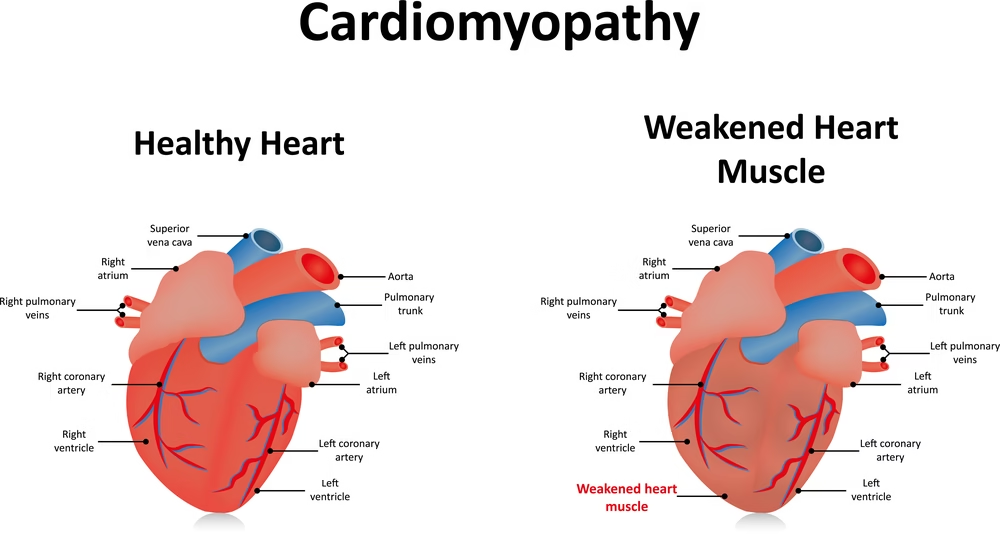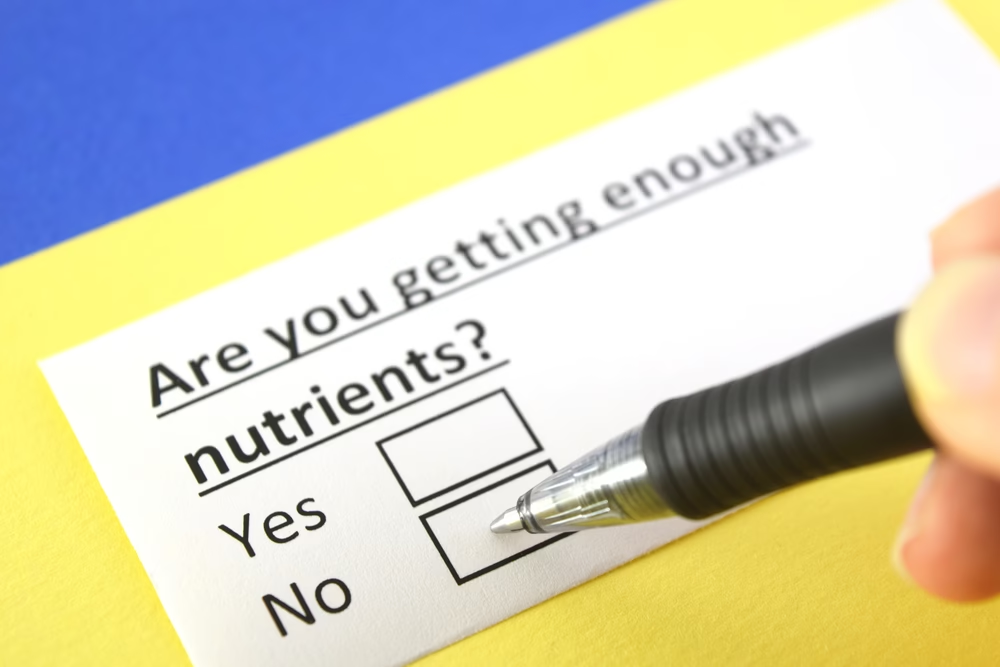Have You Ever Wondered Why You Are Tired Even When You Rest?
You’re not alone. Millions of people feel drained, foggy, and sluggish throughout the day, blaming stress, poor sleep, or age. But what if we told you your heart — the very pump of life through your veins — might be suffering? This is exactly what we noticed in our successfully treated 6 lakh+ patients who wanted to reverse heart disease without surgery as advocated by Dr. Bimal Chhajer, the pioneer in non-surgical heart treatment and EECP therapy in Delhi/NCR.
Okay, firstly, how many of you knew that your heart is not just an organ, in fact, it is a muscular organ, a group of tissues that work together to perform a specific function. Went back to biology class, huh? Simply put, if your heart muscle weakens, it can hurt you a lot.
A weakened heart muscle (also referred to as cardiomyopathy or heart failure) is a surprisingly underappreciated cause of chronic fatigue. And it doesn’t always begin with chest pain or breathlessness; sometimes it simply feels like you’re running on an empty battery, no matter how much rest you get. Now, you see, this is crucial information for you, by SAAOL Heartcare Delhi, to know your heart better.
Why Are We Not Talking About Weak Heart Muscle Early?
Why early-stage heart weakness doesn’t always appear on routine blood tests or standard heart checkups. Many physicians place great importance on cholesterol, ECGs, and blood pressure, while the pumping strength of your heart muscle is often measured only when it’s too late.
So, let’s get into it. If you’re feeling constantly tired, lightheaded, or short of breath for no apparent reason, your heart may be waving a red flag.
What Is a Weak Heart Muscle, and Why Does It Make You Tired?

Your heart is a muscular pump that never gets a break. It has to be powerful enough to propel oxygenated blood to every inch of your body. But as the muscle gets tired, two things happen:
- Compromised blood flow: You don’t get as much oxygen to your brain and muscles, so you feel groggy and tired.
- Fluid Buildup: If your heart can’t pump effectively, fluids can pool in your lungs and legs, turning even easy tasks into an effort.
Usually, most people (including doctors!) attribute fatigue to lifestyle factors, not to a failing heart muscle.
Signs that Your Heart Muscle Is Weak
Most citizens assume that heart disease presents itself as an intense chest pain or a movie-style heart attack scene. Wrong. Weak heart muscles often send signals that don’t appear to have anything to do with your heart. Here’s what to watch for:
1. You Feel Tired After Simple Activities
- Climbing stairs feels like climbing Mount Everest
- You need naps after basic tasks like cooking or walking
- Even conversations feel exhausting
2. Your Legs and Ankles Swell (Especially in the Evening)
If your socks leave deep marks on your skin by the end of the day, your heart might not be pumping efficiently.
3. You Wake Up Short of Breath
- Lying flat at night makes you feel suffocated
- You need extra pillows to sleep comfortably
- This is a classic sign of fluid buildup from a struggling heart.
4. You Have Frequent Dizziness or Near-Fainting Spells
- This happens when your brain doesn’t get enough oxygenated blood.
- Do you feel lightheaded when you stand up suddenly?
5. You Have Cold Hands and Feet All the Time
When the heart isn’t pumping effectively, overall circulation decreases, leaving extremities colder than normal.
The Hidden Causes of a Weak Heart Muscle (That NO ONE Talks About)
Doctors typically attribute weak heart muscles to high blood pressure, diabetes, or previous heart attacks. But there are other unexpected triggers that many people overlook:
Viral Infections (Including the Common Cold!)
- Some viruses, known as viral myocarditis, can quietly damage your heart muscle over time.
- A nagging cough or flu that leaves you feeling depleted for weeks. It may have struck your heart deeper than you realize.
Hidden Nutrient Deficiencies

- CoQ10 depletion: This antioxidant is essential for your heart energy—are you getting enough? The lower the levels = the harder the heart will pump.
- Magnesium deficiency: Necessary for heartbeat and muscle contraction.
- Iron deficiency: If you are anemic, your heart has to work extra hard to push oxygen through your system, leading to muscle fatigue.
Sleep Apnea
- If you snore loudly or wake up gasping, your oxygen levels may be dropping at night, putting tremendous strain on your heart.
- Sleep apnea is a massive but underdiagnosed cause of heart failure.
Surprising Toxins in Your Everyday Life
- Heavy metals like lead and mercury (often found in contaminated seafood and air pollution) can gradually harm heart muscle cells.
- Even if you’re not a heavy drinker, too much alcohol over time can take a toll on the heart.
What Can You Do? Here’s How to Build Your Heart Muscle
Step 1: Do the proper testing (not just an ECG!)
Your first few years of routine checkups will miss early-stage heart weakness. Consider asking your doctor about these tests:
- Echocardiogram (ECHO): It checks how well your heart pumps.
- NT-proBNP blood test: The NT-proBNP blood test can be used to detect early heart failure.
- Sleep study: If you have sleep apnea, then fixing it literally can double your heart function.
Step 2: Eat Your Way to a Healthier Heart
- Increase CoQ10
- Boost Magnesium
- Limit Salt
Step 3: Exercise Smartly
- If you are tired, then don’t overdo it,
- Try low-impact exercises, such as walking or swimming.
- Try EECP Therapy (Enhanced External Counterpulsation) — a non-invasive method that naturally improves the way blood flows to and from the heart over time.
Step 4: Manage Stress Like a Professional Reliever
- Chronic stress creates inflammation, and over time, it makes your heart muscle weaken.
- Even meditation, yoga, and deep breathing can benefit heart function.
Step 5: Get More Sleep
- Finally and most importantly, aim to get 7-9 hours of quality sleep so your heart can regenerate.
- Get tested for sleep apnea if you snore loudly.
Listen to Your Body Before It Screams at You
Feeling exhausted isn’t always a matter of stress or getting older. If you are tired all the time with no apparent cause, your heart may be trying to tell you something. As with other diseases, early intervention can prevent life-threatening, serious heart problems.
The good news? With the right lifestyle changes, medical care, and awareness, weak heart muscles can come back stronger.
So, don’t ignore the fatigue and take swift action, get tested, and give your heart what it needs to keep pumping for years to come.
Have questions? Let’s chat about heart health with SAAOL Heartcare Delhi
If you liked this, pass it to someone who needs it.

